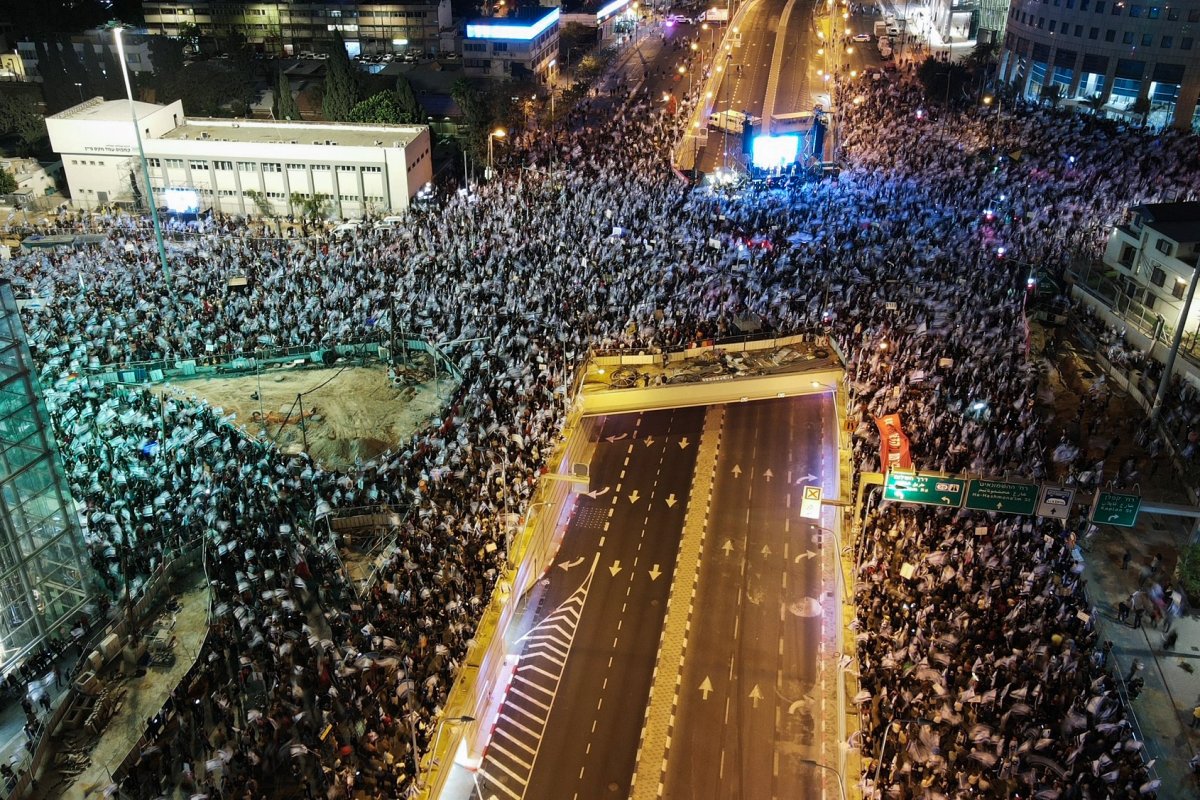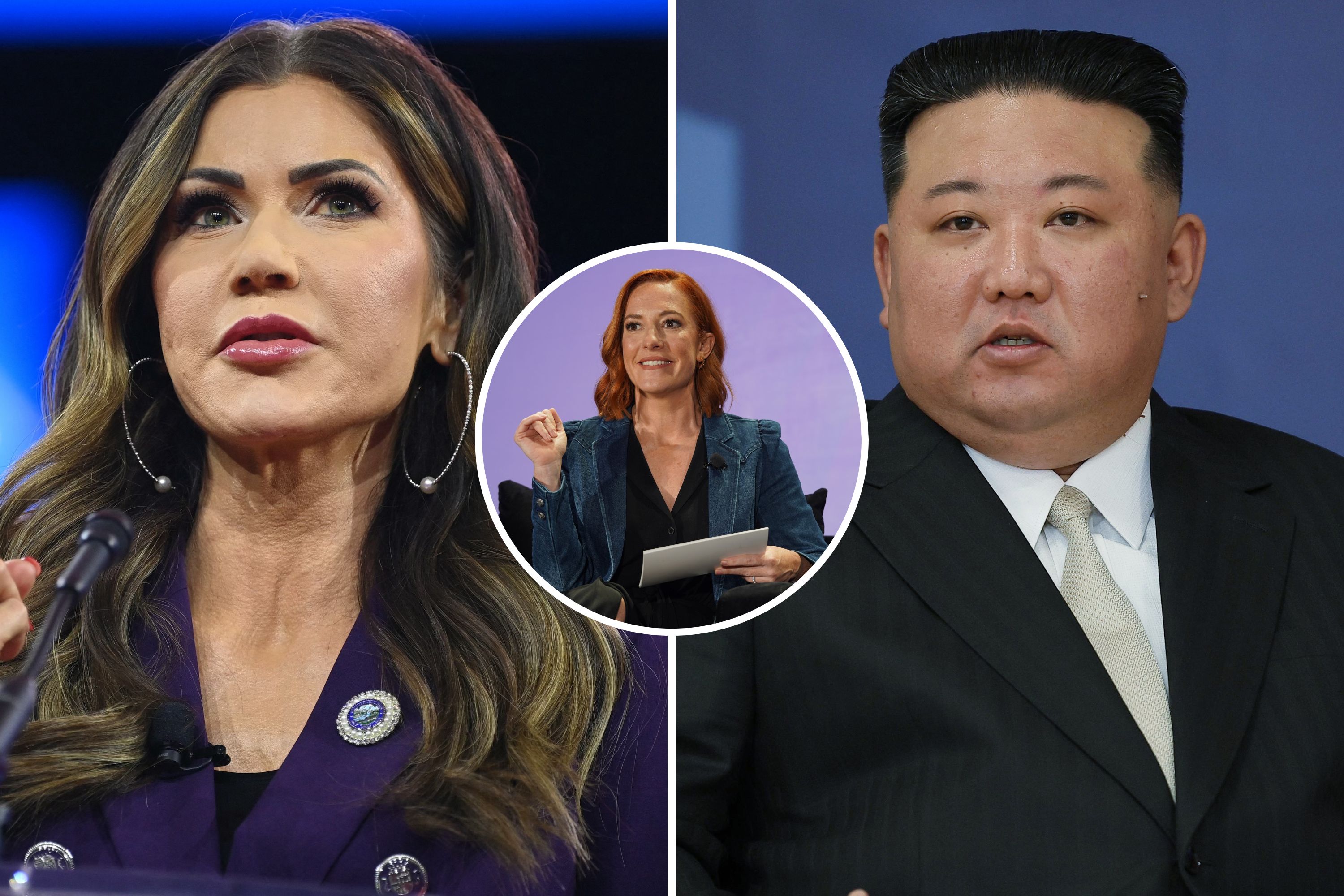Journalists covering global events face a constant buzzing in the ear: what words to use when there's a narrative dispute. The issue is ever more acute in our frenzied era of societal polarization, entitled grievance politics, and never-ending spin—like efforts to brand an invasion of Ukraine as a "special military operation."
When you cannot please everyone, should you try to please no one—or just make a call? What if that looks like you're taking a side? Must one always be impartial? After all, one reporter's fairness is a reader's false equivalence.
For a journalist these days, it seems someone somewhere—a Twitter mob, a mafiotic government, a raging community of exiles—is always waiting to pounce on a single word choice.
The conundrum begins with as simple a matter as titles. Is Vladimir Putin—like Azerbaijan's Ilham Aliyev, Syria's Bashar al-Assad and countless others in history, from Zimbabwe's Robert Mugabe to Cuba's Fidel Castro—to be called dictator or president? The former term seems more real, the latter accords illegitimate despots the same legitimacy as Emanuel Macron.

What about Turkey's Recep Tayyip Erdogan, the somewhat genuinely elected president of a country that jails opposition leaders and essentially controls the press? Should he be just called "president"—at the risk of seeming credulous? "Leader" seems a copout and, besides, everyone thinks they're a leader nowadays, including corporate cogs.
Should Kosovo be termed a country, even though it broke away from Serbia without achieving recognition from neither the mother country nor a substantial part of the world?
And if the answer is yes, shouldn't the same rules apply to the other breakaway regions in the world, ranging from northern Syria to the strange case of Taiwan?
In the current news cycle, should the U.S. government's guarantee of all bank deposits at Silicon Valley Bank (and realistically elsewhere) constitute an "bailout?" The Biden administration says no, but the moral hazard is undeniable.
Over the years, the Israeli-Palestinian conflict has been a global vanguard in producing lexicographic headaches for overworked and underpaid journalists.
Should a cluster of freshly built homes in a unified Jerusalem be labeled a new Jewish neighborhood, or a settlement on occupied land?
Was a recent incident where civilians were killed just an attack, or was it terrorism? Were the victims killed or murdered? Is the West Bank occupied (as the Palestinians insist) or disputed (a word whose definition seems to fit the situation)?
If both are correct, which do you choose? Anywhere one turns there is the threat of perceived partiality—whether by word choice or what background is included or the choice of which events to cover.
When the very names of things are disputed, how can anyone report the "truth"? In my decades of dealing with this at the Associated Press, we normally chose the words that were least loaded, most accurate, least disputable. We rarely pleased all sides, or often pleased neither side. That may be natural when societies are at war; some even bask in the sound ethics of displeasing all.
This phenomenon has now poisoned Israel within itself—a reflection of just how bad things have gotten for the country. What do we call the raft of legislation that would enable the government to pick—and overrule—judges almost at will? Reform?
Once the judiciary is sidelined, plans in the pipeline include restricting the right to strike, as well as nearly ending the legal system's ability to remove a prime minister. They would also make corruption—including by the existing government, led by a defendant and including two ex-cons—easier to carry out.
Despite its history of democracy, Israel has no constitution. Citizens' rights and liberties not set in stone – they're just what the Knesset (parliament) has granted, and the judiciary has been committed to. Judicial oversight has been the guarantor; take it away, and a parliament elected by the changeable whims of the electorate would decide all—if people are even still allowed to vote.
The question is not only what labels the foreign press should apply to the situation. It is far more important, while the country remains democratic, to see what Israeli media does. And it has struggled: some have accepted the government's "judicial reform"; others are calling it a "judicial revolution" and some have moved to "systemic coup."
If I were still at AP, I would be taking part in such discussions and would say this: If all the proposed laws are adopted, the government could cancel the very idea of future elections. It could game the system however it wanted to ensure its future victory, including by denying the vote to whatever group it chose (like the one-fifth of citizens who are Israeli Arabs). It certainly could jail its opponents.
The government presents this as a "judicial reform" because "reform" sounds progressive and reasonable. Many listeners will lazily agree that reforms are needed. Indeed, most institutions could use reform to some degree and in some way—including Israel's legal system, which certainly needs more judges and an appellate court to address rampant delays in proceedings.
The key, though, is use of the word "judicial." The term suggests complex and inscrutable procedures that most readers rarely have patience for or fully understand. It is meant to put the audience to sleep (unless the audience is part of the emerging global cult against the elites, in which case it is a call to arms).
The government's language is not unlike calling death by strangulation an 'oxygen reform.'
I'm reasonably sure that any media organization that examines the situation dispassionately will conclude that what is happening is in fact an "authoritarian overhaul." Success for the current "regime" – for it is going beyond what a "government" normally does – will create an authoritarian partial democracy not unlike Turkey or Hungary. There will be a real danger of using unchecked powers to move in the direction of Putin's model of executive omnipotence. Perhaps journalists should say so.
It's bigger than this issue. To paraphrase Carl Bernstein, perhaps journalism should always aim for "the best obtainable version of non-spin."
Dan Perry is managing partner of the New York-based communications firm Thunder11. He is the former Cairo-based Middle East editor and London-based Europe/Africa editor of the Associated Press. Follow him at danperry.substack.com.
The views expressed in this article are the writer's own.
Uncommon Knowledge
Newsweek is committed to challenging conventional wisdom and finding connections in the search for common ground.
Newsweek is committed to challenging conventional wisdom and finding connections in the search for common ground.
About the writer
To read how Newsweek uses AI as a newsroom tool, Click here.






